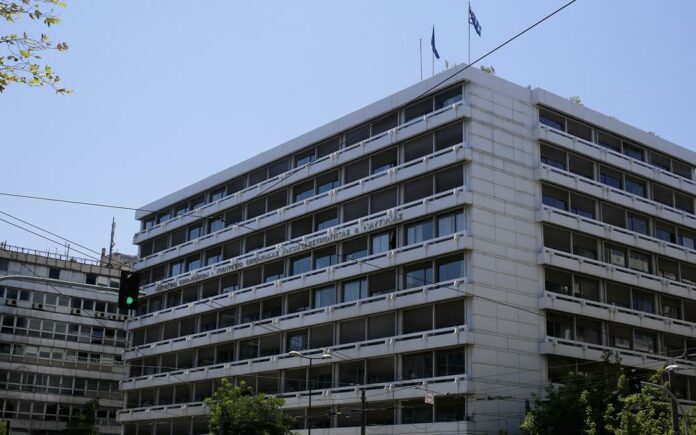By T. Tsiros
[email protected]
Privatizations in still bailout-dependent Greece will again come under scrutiny in the coming period, as the leftist-rightist coalition government expects the commencement of negotiations with creditors next month to conclude the third review of the Greek program.
At least 17 “prior actions”, or “key deliverables” as European creditors call them, that must be fulfilled by the end of the year deal with privatizations.
High on Athens’ “to do list” is the transfer of a handful of state-owned utilities on a new supra fund, a prospect that risks a political clash with powerful public sector unions.
The target for 2018 privatizations exceeds two billion euros, an increasingly ambitious target, given that the privatizations of the port of Piraeus and regional airports have already been completed.
Revenues from privatizations over the first seven months of 2018 showed a 343-million-euro shortfall, with 968 million euros flowing into state coffers, down from the goal of 1.311 billion euros.
Nevertheless, the development has not apparently sounded “warning bells” on the part of the finance ministry, given that the “gap” in revenues is ascribed to “technical reasons”, such as the concession payment for 14 regional airports – assumed by a German-German consortium (Fraport Greece) – has initially been registered as revenue from VAT remittances.
The revised target for 2017 in terms of privatization revenues is now 1.607 billion euros.
Beyond the 40-year concession for the 14 regional airports, which is valued at 1.234 billion euros, additional revenues are foreseen from the sale of a majority stake in the Thessaloniki Port Authority, to the tune of 230 million euros. More revenue from privatizations are foreseen from a sale of the state’s shares in the Athens International Airport or an extension of the current concession, with the benefits estimated at 600 million euros, as well as 45 million euros from the finalization of the sale of rail operator Trainose to Italy’s Ferrovie dello Stato.
Beyond the transfer of the utilities to the new supra privatization fund, other “prior actions” that are pending include:
– Finalization of a bevy of projects currently being shepherded by the Hellenic Republic Asset Development Fund (HRADF), the current privatization agency in the country, such as the majority stake (66 percent) in Greece’s natgas transmission system operator, DES.FA.
– Another international tender to sell-off the state-owned rolling stock maintenance company, known by its Greek-language acronym of EESSTY S.A. (ROSCO), and the concession for the Egnatia tollway.
– Hiring of consultants for the remaining assets in HRADF’s portfolio.
– Approval of development plans and environmental impact studies for the landmark Helleniko real estate project in coastal southeast Athens, one of the biggest property deals in Europe at the moment.
– Transfer of a couple of defense-related companies into the supra fund.














